On 1st, June 2010, the U.S. Supreme Court held that the former Somali official, Mohamed Ali Samantar was not immune under the Foreign Sovereign Immunities Act of 1976 (FSIA) from civil suit by a group of Somali families who claimed he was responsible for human rights abuses by military forces under his command. In this article, Marta Colomar explains the background to and significance of this decision.
In an unanimous decision issued on June 1, 2010, by the Supreme Court of the United States, it was decided that the Foreign Sovereign Immunities Act does not protect an individual acting in his official capacity on behalf of a foreign state from lawsuit in the United States.
Mohamed Ali Samantar, a former official of the Somali government, was sued under the Alien Tort Statute and the Torture Victim Protection Act of 1991, by a group of Somali families for aiding and abetting abuses that the Somali government performed against the families of the Isaaq clan. Samantar, who enjoyed a high position in the Somali military government, fled Somalia when the regime collapsed. He now resides in Virginia.
As a defense, Samantar alleged that, under the FSIA, he is immune from suit in the United States for acts committed under his official capacity in Somalia. The Supreme Court therefore had to decide whether the FSIA provides Samantar with immunity from suit based on actions taken in his official capacity.
In starting the analysis of the issue, the Court reviewed the legislative history of the FSIA. Before the FSIA was enacted, the issue of immunity of foreign sovereigns was considered an absolute immunity. This theory was later modified and a two-step procedure was developed to resolve the issue of foreign immunity on a given case. First, the diplomatic representative of the sovereign could request a suggestion of immunity from the State Department. Second, in the event that there was no acknowledgment of immunity, a district court had authority to decide for itself whether all the requisites for such immunity existed. This procedure was also applied when officials asserted immunity. On or about 1952, the Department shifted to a more restrictive theory of sovereign immunity, meaning that immunity would only be recognized to foreign sovereigns when conducting public acts, but it would not be applicable when the sovereign performs commercial acts. The inconsistencies were finally resolved by the enactment of the FSIA in 1976.
In reviewing the FSIA, the Court analyzes the language of the Act. The Court points out that none of the terms used by Congress to define who can claim sovereign immunity includes any reference to individual officials. Specifically, an «agency or instrumentality» of a state that is entitled to immunity is defined as an «entity» with particular characteristics. This concept is understood as an organization or an organ, which is not applicable to individuals. Samantar also argued that he deserves immunity based on the theory that a State is immune for certain acts of its officials or employees. However, in reading the Act on its whole, the conclusion that the court reached is that it does not address immunity for individuals acting on their official capacity.
In conclusion, the FSIA does not specifically address whether Congress intended to give immunity to individuals. However, the Court only decided on the narrow issue of whether the Act provides immunity to officials, without analyzing whether other theories under common law would provide them immunity. The Supreme Court remanded the case for further proceedings regarding the issue of whether there are alternative theories under which government officials might enjoy immunity under the FSIA. The reason why the decision left the door open to such possible theories is that the Court took into consideration the impact on the foreign officials in the United States and U.S. officials abroad.
The Court clearly indicated that if Congress wanted to extend immunity to foreign government officials under FSIA, the statute can be amended to do so. However, it is not likely that such an amendment will ever occur. It could be a back door for tyrannical public officers from being sued in the United States for their individual acts of ordering or committing human rights violations.







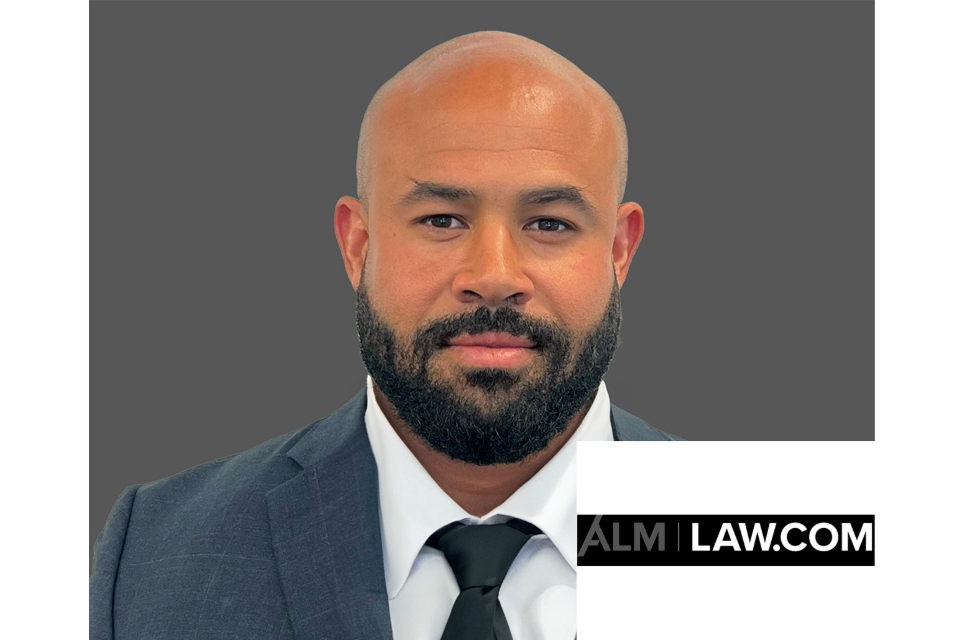



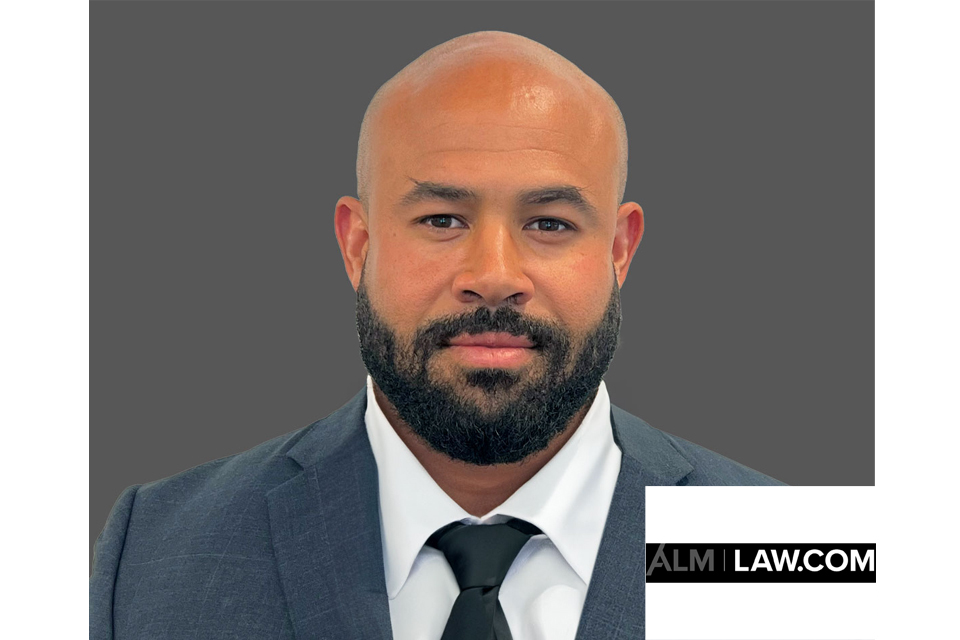

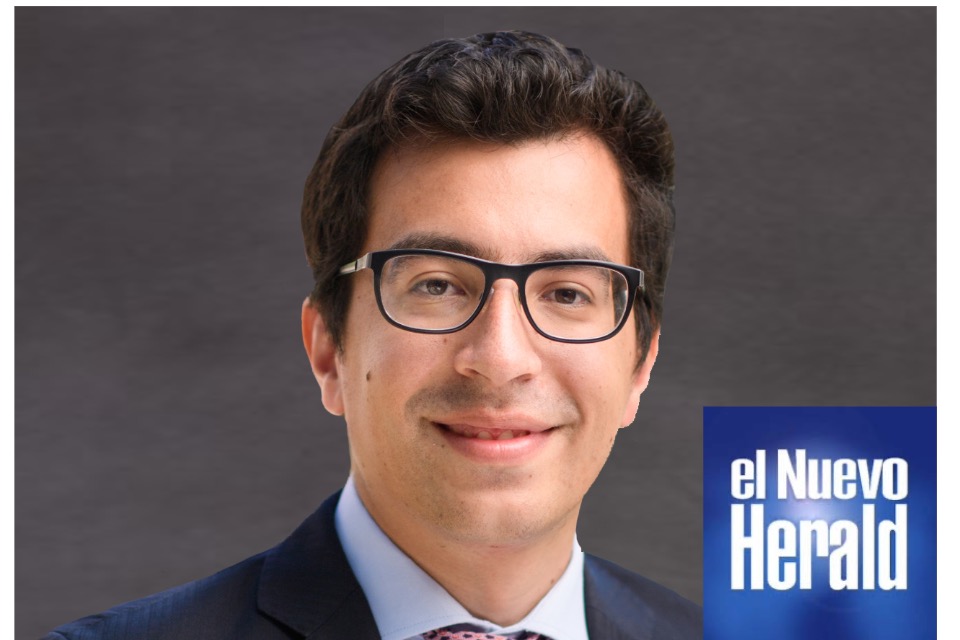




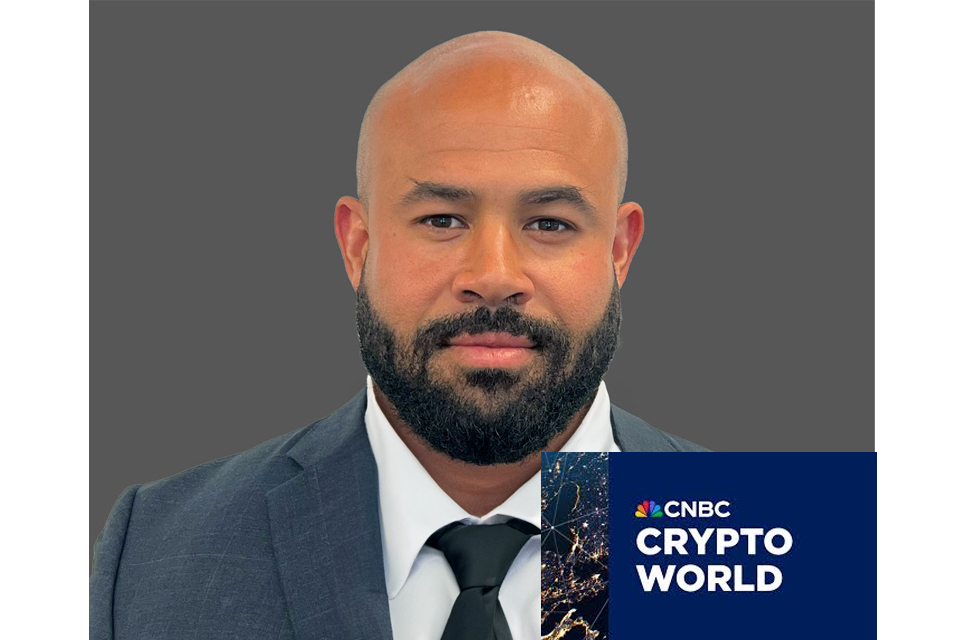

















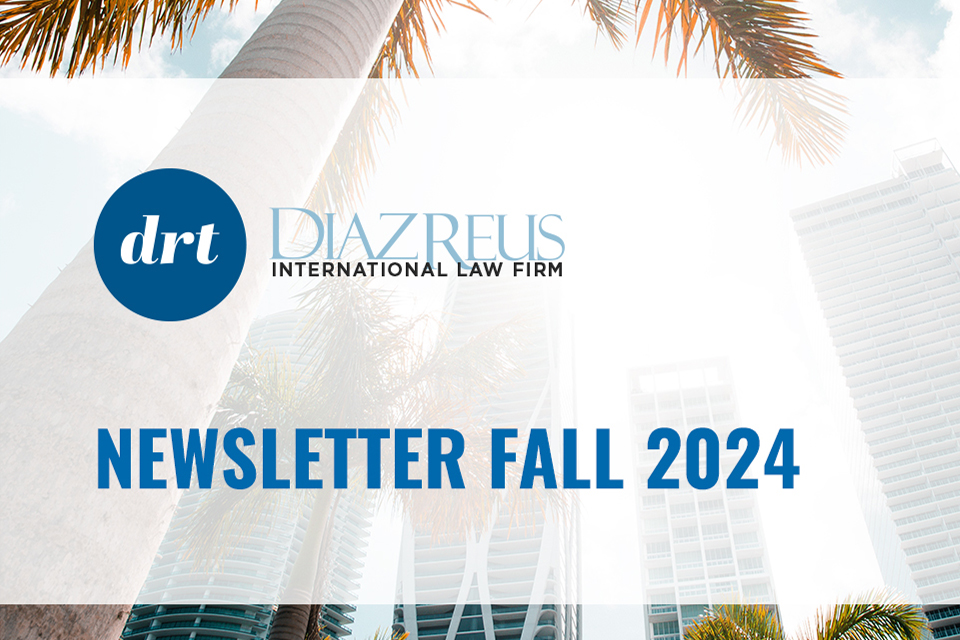





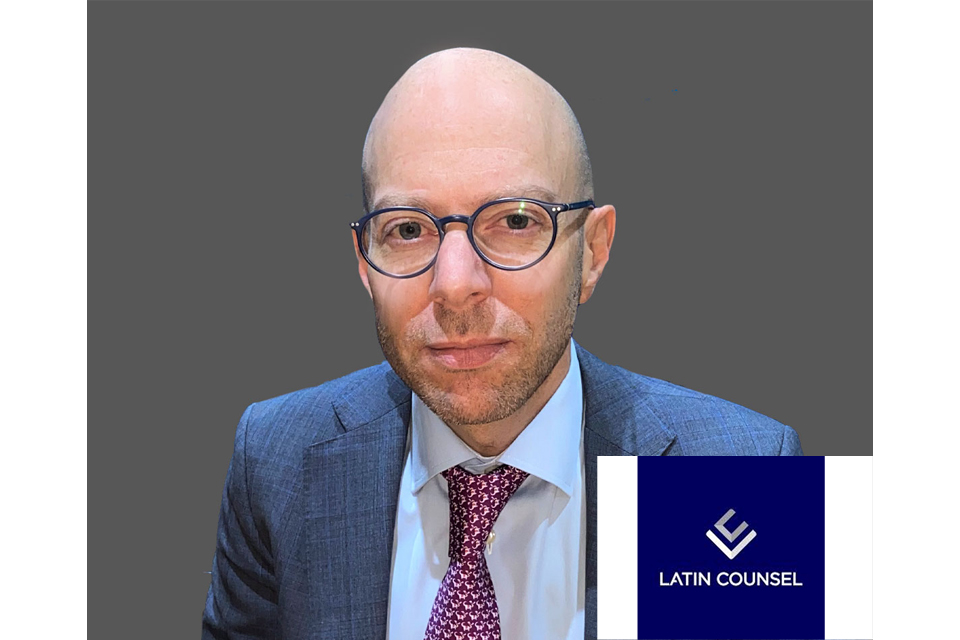







































![Especial abogados Salón de la Fama[61] 4](https://diazreus.com/wp-content/uploads/2023/06/Especial-abogados-Salon-de-la-Fama61-4-2-pdf.jpg)





























































































































































































